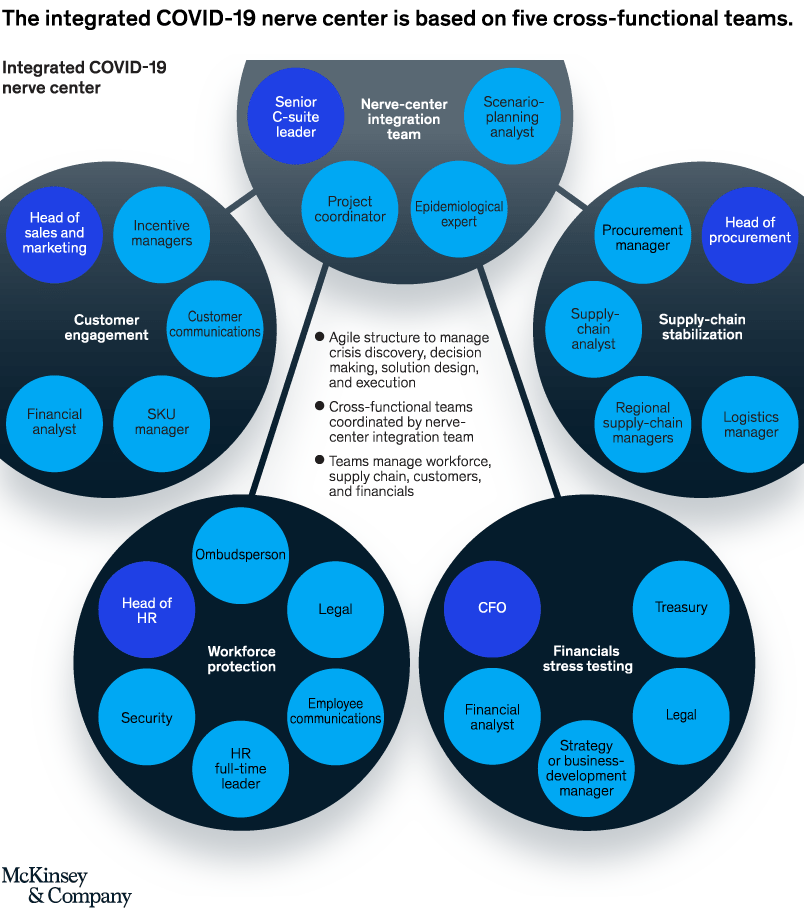5 Ways to Improve Your Economic Recovery Results Quickly
- admin
- May 1, 2020

As the global pandemic caused by COVID-19 (coronavirus) becomes more controllable, we face a unique problem.
How to start the discretionary economy back up?
Economic recovery is complex
Restarting the economy entails consumer activities like church, sporting events, and trips to the beach. We expect to see all these things this summer and fall.
For industries that rely on social interaction, the business implications are serious. Tourism, retail, and entertainment are a few of the industries most affected by the lockdown. International business travel has all but stopped. Global consulting firms are confronting an industry-wide contraction even while they adapt to meet shifting client needs. That is to say, the number of different factors involved in the economic recovery will be large.
So, here are five ways you can prepare your teams for the economic recovery. Realize there may be external factors that suddenly cause you to retreat (recurrence), rethink (new legal liabilities), or reorganize (someone’s found a better way).
1. Organize a corporate nerve center
Put together the corporate never center described in the recent McKenzie article Decision Making in Uncertain Times. Unify your efforts. Have a 24/7 schedule with rotating resources. Get strategic direction from the C-Suite and set up a recurring briefing with the board of director. Share all relevant issues and information with the cross-company effort.
2. Monitor trusted sources for situational intelligence
A unified monitoring effort will save you time. And it’s more effective than random browsing. So, stay aware of best practices. Know the laws and regulations. Follow changes to industry policies. Track virus recurrences and changes to your supply chain. Follow external sources that impact your organization, like open-source intelligence (OSINT), social media, and government alerts. The rate of change to your business will be very high. And missing key elements may slow your entire recovery effort.

3. Share and collaborate
Sharing best practices with your peer group will serve you well long after the recovery. Realize that companies like yours are dealing with almost identical issues. Similarly, companies in your geographic region are also dealing with parallel problems. Don’t worry, there are many ways to share without revealing proprietary information.
4. Everyone, keep watch
Establish a “see something/say something” process. Empower your teams to report issues via phone, text, and email. Whatever it takes. Have a rapid response capability set up to take advantage of the information bullets you receive.
5. Get real-time feedback
Contingency planning will be key to getting knocked down, getting up, and trying another way to get on track. Expect there to be confusion and failures along the way, and instill a sense of urgency to solve the issues.
Follow these steps and you will be more able to craft an effective response plan and execute it quickly. It’s important to your organization and very important to the world at large.





